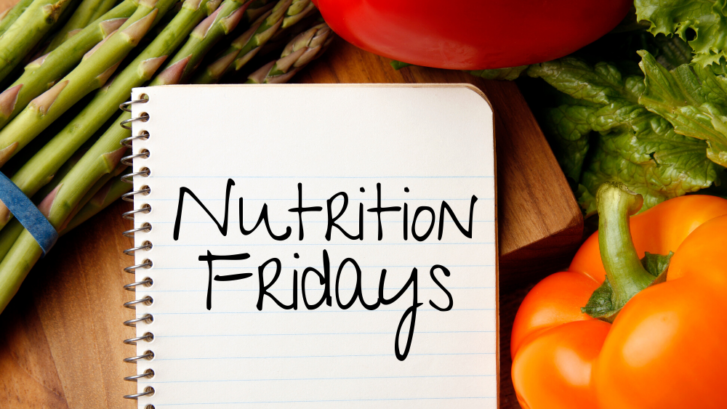Mediterranean Diet: What to Eat and What to Avoid
A diet based on the eating styles of countries bordering the Mediterranean Sea has now become popular for its proven health benefits, as well as its touted potential for weight loss. Ranked as the #1 Best Diet Overall by U.S. News and World Report, the Mediterranean diet was created in 1993 by Boston-based food think tank Oldways in order to present a healthier alternative to the American Diet. While not an exact replica of those countries’ eating habits today, it was inspired by the healthy lifestyle practiced by those countries between the 1940’s and the 1960’s.
In recent years, scientific research has begun to show extreme benefits associated with the Mediterranean diet. Paired with an active lifestyle—dining on grapes and clinking a glass of red wine with a friend never looked so good. Let’s jump into it!
The Benefits of the Mediterranean Diet
The Mediterranean Diet has been linked to improved cardiovascular health. This study in particular shows a 31% decrease in the incidence of major cardiovascular events among those on the Mediterranean diet, as compared to those on a reduced-fat diet—making it even more effective when trying to reduce the effects of the standard American diet.
Adherence to the diet has also been correlated to a reduction in the incidence of type 2 diabetes.
Additionally, another study suggested that following a Mediterranean diet supplemented with Omega-3s may be effective in lowering cardiovascular mortality, as well as general mortality. Research also concluded the diet to be effective in reducing metabolic syndrome and other cardiovascular risk factors.
In regards to weight loss, it was found that when compared to a low-fat diet, the Mediterranean diet may be more effective for weight loss and improving the symptoms of diabetes.
What to Eat while on the Mediterranean Diet
The Mediterranean diet mostly consists of a variety of plant-based foods, a splash of olive oil, as well as the occasional cut of fish and glass of red wine. A simple meal should be based on whole, healthy, unprocessed, single-ingredient Mediterranean foods such as these:
Vegetables: Kale, spinach, onions, tomatoes, broccoli, carrots, cauliflower, cucumbers, and Brussels sprouts
Fruits: Apples, bananas, dates, grapes, oranges, strawberries, pears, melons, peaches, and figs
Seeds and nuts: Pumpkin seeds, sunflower seeds, cashews, hazelnuts, walnuts, almonds, and macadamia nuts
Legumes: Chickpeas, peanuts, pulses, lentils, peas, and beans
Tubers: Yams, turnips, potatoes, and sweet potatoes
Whole grains: Whole wheat, whole-grain bread and pasta, corn, rye, buckwheat, brown rice, and whole oats
Fish and seafood: Mackerel, trout, tuna, sardines, salmon, shrimp, oysters, clams, mussels, and crab
Poultry: Turkey, duck, and chicken
Eggs: Duck, chicken, and quail eggs
Dairy: Cheese and Greek yogurt
Healthy fats: Olives, avocados, avocado oil, and extra virgin olive oil
Spices and herbs: pepper, cinnamon, nutmeg, sage, rosemary, garlic, basil, and mint
What to Avoid while on the Mediterranean Diet
In general, you will want to avoid anything that common sense would suggest to be unhealthy. If you eat red meat, be sure to keep your portions small as Oldways suggests. Read food labels so that you can avoid things like:
Highly processed foods: things that look factory-made or have “diet” or “low-fat” labels
Processed meat: Processed hot dogs and sausages
Trans fats: Found in various processed foods as well as margarine
Refined oils: Cottonseed oil, soybean oil and canola oil
Refined grains: White bread and pasta made with refined wheat
Added sugar: table sugar, candies, ice cream, and soda
Conclusion
Paired with a decent amount of exercise and sharing meals with friends, as is recommended for everyone, the Mediterranean diet can become much more of a lifestyle that just a simple eating regimen.
As always, please make sure to listen to your body and pay attention to how it responds to the food you eat and the routines you follow. Before starting a new diet, it is always recommended that you consult your doctor.
For more information regarding dieting and nutrition information, please feel free to check out our previous Nutrition Friday articles.

